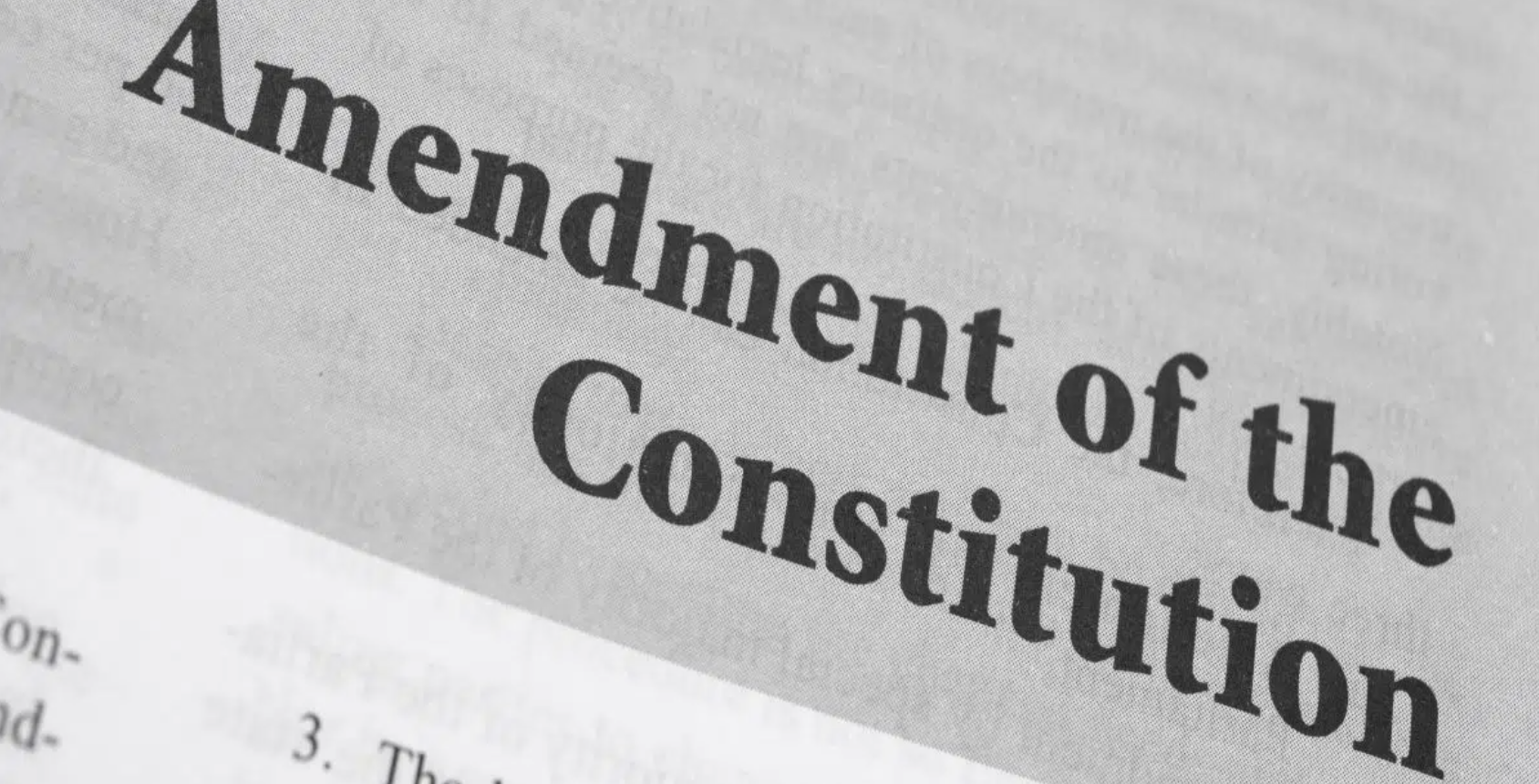Civil Forfeiture Part 2: Applying the 5th, 8th, and 14th Amendments’ Constitutional Rights
- We looked at the laws relating to civil forfeiture actions in last month’s blog post, Civil Forfeiture Part 1: The Law, Theory, and Legal Challenges When Seizing Assets Related to a Crime. In this article we explain how civil forfeitures may violate several constitutional amendments. Specifically:
- • The 8th Amendment prohibits the government and court system from assessing excessive fines,
- • The 5th Amendment protects all criminal defendants from being forced to incriminate themselves, and
- • The 14th Amendment addresses the right to certain due process protections in criminal court proceedings.
We will address each of these Amendments and how civil forfeitures may violate the constitutional rights of the property owner.
The 8th Amendment Prohibition Against Excessive Fines
In the 1993 case of Austin v. US, 509 US 602 (USSC-1993), the US Supreme Court was asked to determine if civil forfeiture can be considered a fine. The court held that civil forfeitures do constitute a form of punishment for a crime and therefore the 8th Amendment’s prohibition against excessive fines applies to forfeiture cases.
The 8th Amendment requires that the amount of the fine, or the forfeiture in this case, must bear some relationship to the gravity of the offense that it is designed to punish. If a forfeiture is grossly disproportionate to the alleged crime it would violate the excessive fines clause.
For example, if someone is convicted in California of possessing and transporting marijuana for sale, the maximum potential fine is $500. If law enforcement seizes more than two million dollars in a civil forfeiture action related to that same case, the value of the property seized is more than 4,000 times the possible maximum penalty, and thus could be considered an excessive fine in violation of the 8th Amendment.
The 14th Amendment Ensures Criminal Due Process
The 14th Amendment states that no person may be deprived of life, liberty, or property without due process of law. A civil forfeiture is clearly the taking of a person’s property, but since it is a civil process and not a criminal proceeding, the property owner is denied the due process protections found in criminal actions although they are receiving a criminal penalty for criminal behavior.
Civil forfeiture laws have been challenged on due process grounds in the past, but the Supreme Court has upheld the practice on historic grounds. Recently, legal scholars and United States Supreme Court Justice Clarence Thomas have suggested that civil forfeitures, when applied beyond their historical scope, may in fact violate due process.
The government’s burden of proof is lower in a civil case than in a criminal proceeding. As a general rule, the government must prove criminal wrongdoing beyond a reasonable doubt, while the standard of proof in a civil case is usually a preponderance of the evidence. Because civil actions require the government to meet a lower standard of proof in court, they are therefore easier to prove. Thus, law enforcement is incentivized to pursue civil forfeiture actions instead of criminal actions.
In many civil forfeiture cases, law enforcement receives the majority of the financial benefit once the forfeiture is granted. In California, up to 65% of the value of the property seized is allocated to the local and state law enforcement agencies who participated in the forfeiture. The law provides financial incentives to law enforcement to pursue civil forfeiture,.
5th Amendment Protects Persons Accused of Committing a Crime
Civil forfeitures can result in violations of the basic rights guaranteed in the 5th Amendment — the right against forced self-incrimination, the guarantee that all criminal defendants receive a fair trial with an impartial tribunal, and prohibiting the government from seizing private property based on an error in facts or law and without paying fair market value compensation.
In a forfeiture action, property such as computers or records may be seized and the evidence gathered from that property could be used to prosecute someone in a criminal case. Also, in civil cases, both parties are required to participate in discovery and to disclose relevant factual information. That information could be used against a property owner whose assets were taken in a forfeiture to bring criminal charges against him without due process of law.
Coming Soon… Part 3 in this Series: Understanding California’s Forfeiture Laws
While the US Constitution governs every state in the nation, different states may interpret or apply laws differently. Next month we will focus on how civil forfeitures are handled in California and what we may expect in the future.
At Evans Kingsbury LLP we are civil law attorneys with decades of litigation and appellate experience, including civil forfeiture law challenges. If your property has been seized as part of a civil forfeiture action, call us today at (707) 596-6090 or fill out our easy contact form to discuss your case.

